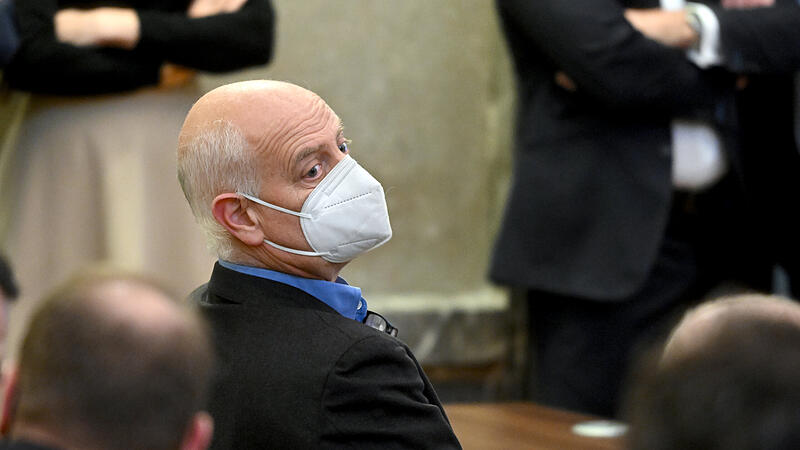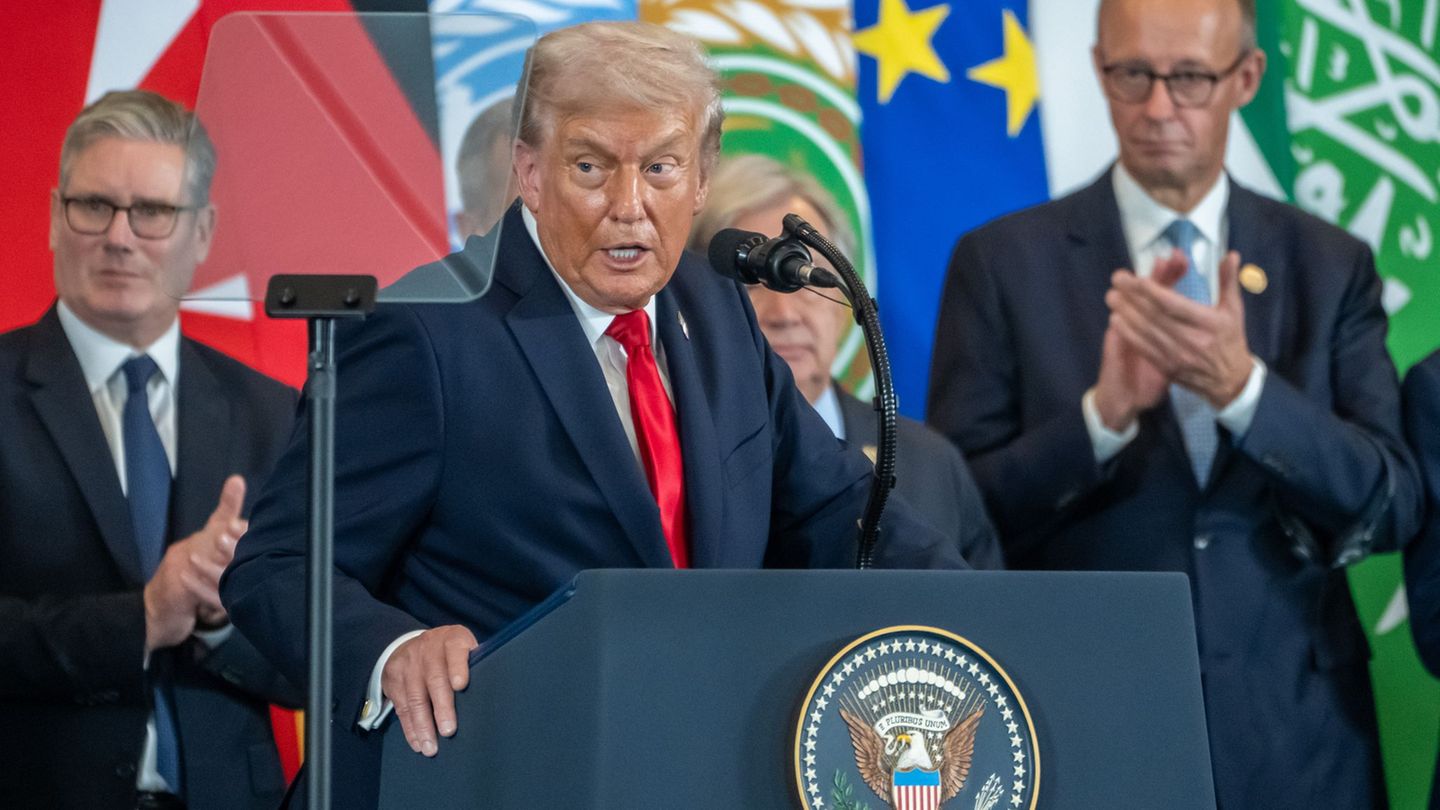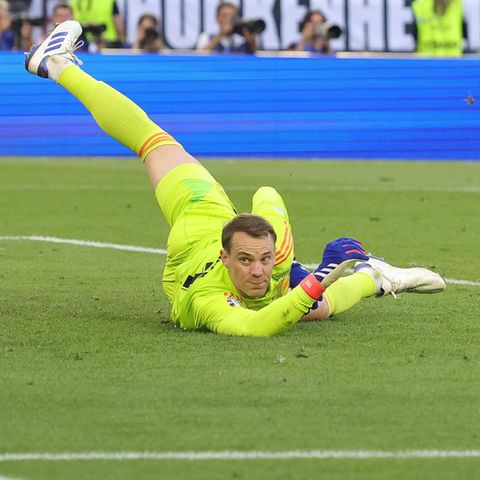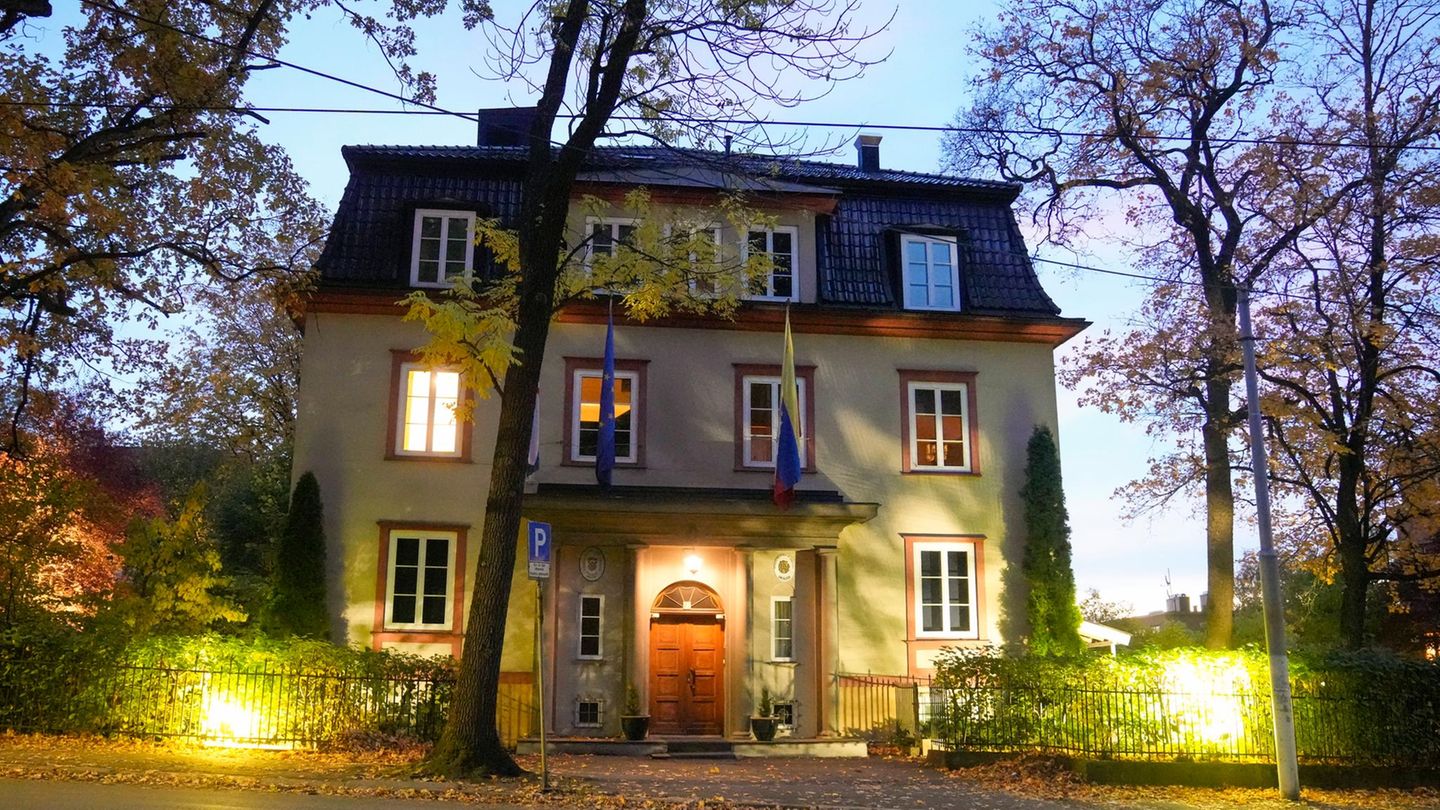Just like Chorherr recently, the industrialist Michael Tojner has also pleaded not guilty today. He asserted that donations he made were not related to the controversial Heumarkt construction project.
At the start, however, there was initially a – ultimately rejected – rejection application against the judge on the program. The lawyers had expressed doubts about his impartiality. The starting point of the debate was a lay judge who wanted to resign from his position – because the judge had explained that negotiations would continue until everyone was “convicted”, as he reported.
A request for rejection was rejected by the jury. Judge Michael Tolstiuk considered a “misinterpretation” of the conversation possible. There is no bias on the part of the judge. The judges didn’t take it that way either.
The former town hall mandatary Chorherr is accused of demanding or accepting payments from well-known real estate companies for a non-profit association he initiated. This supports aid projects in Africa. In return, the donors are said to have promised themselves advantages in the dedication process.
The Economic and Corruption Prosecutor’s Office (WKStA) accuses Chorherr of abuse of office and bribery, the entrepreneurs’ provision for abuse of office and bribery in various forms of participation. The co-defendants include Tojner, the investor Rene Benko and the real estate developers Erwin Soravia and Günter Kerbler.
At the beginning of his interrogation, Chorherr recently pleaded not guilty. The defense attorneys for the other defendants had also protested their clients’ innocence in the opening statements. The questioning of Chorherr continued today.
Among other things, this once again dealt with the Heumarkt project by Michael Tojners Wertinvest. Chorherr had already described this as a “special case” in the process. Because: In 2017, not the entire green faction voted for the dedication. Planning councilor Maria Vassilakou (Greens) still decided to bring the project to the municipal council, Chorherr reported. Because the submission was preceded by a proper dedication procedure. In addition, the end of the red-green coalition would have threatened if the Greens had generally decided not to support the controversial project.
Today it was also about Chorherr’s contacts with Tojner after the decision and about his general relationship with the investor. This was “objective, professional,” asserted the prominent defendant. Tojner also considered taking a vacation to look at the school project in South Africa. “For me it was a confirmation that he is really interested in it.” In any case, this only happened after the decision was made by the municipal council.
Chorherr said that Tojner’s largest donation was only made a few weeks after the decision was made. After the approval of the zoning, the planned tower construction was also at stake. Chorherr was in e-mail contact with Tojner. He needed documents from this that would document that not only luxury apartments were planned there. Because the Greens had massively criticized that, explained Chorherr.
“I urgently needed that,” said the ex-politician. He asked for evidence of non-luxury use. Because the Greens were pretty busy after the controversial vote: “Of course all hell broke loose afterwards.” It was about Vassilakou’s political survival.
In his survey, Tojner first described his work as an entrepreneur. His professional focus lies in the management of industrial companies. “I’m not a classic property developer. But sustainable architecture is important to me,” he asserted. And he has repeatedly supported charitable institutions – often with significantly higher amounts than the Ithuba school Chorherrs.
Tojner explained the Heumarkt project to the Senate and presented photos of the site on the screen in the large courtroom. “In its current state, I think this area is a disgrace for Vienna,” he emphasized. He received approval for the redesign after a five-year process. The public authorities have demanded, for example, the security of the ice skating club and the construction of other objects such as an event center or a gym.
“I have spoken to all political parties about the project.” It was his goal to convince his interlocutors of the project content. “The project was carried out properly without anyone receiving any benefit,” Tojner vowed. “My sponsorship for the school in South Africa has nothing to do with it.”
In 2013 he bought pictures in the Dorotheum for the school project. In 2017 he also made a donation at the birthday party for Erwin Soravia and his sister, who asked for support for social initiatives. The third donation after the dedication was made because an “unobjective media campaign” was started in connection with the Chorherr-Verein, which endangered the school. However, this payment also had nothing to do with the Heumarkt project, he assured.
The representative of the public prosecutor’s office wanted to know from the entrepreneur whether he had provided the support according to the motto “if it doesn’t help, it doesn’t hurt”. “No, I didn’t think so,” Tojner replied.
He also did not know whether Chorherr had even heard about the first donations. “Of course not,” he said when asked whether Chorherr had made him aware of the need to donate. He, Tojner, was a member of the Dorotheum’s supervisory board and was therefore invited to every auction, he pointed out. The trial will continue next Tuesday.
Source: Nachrichten




